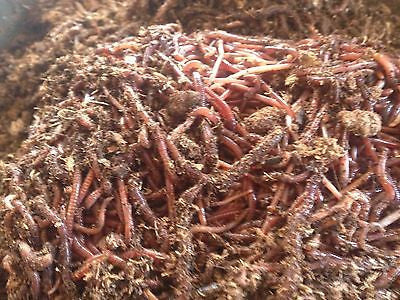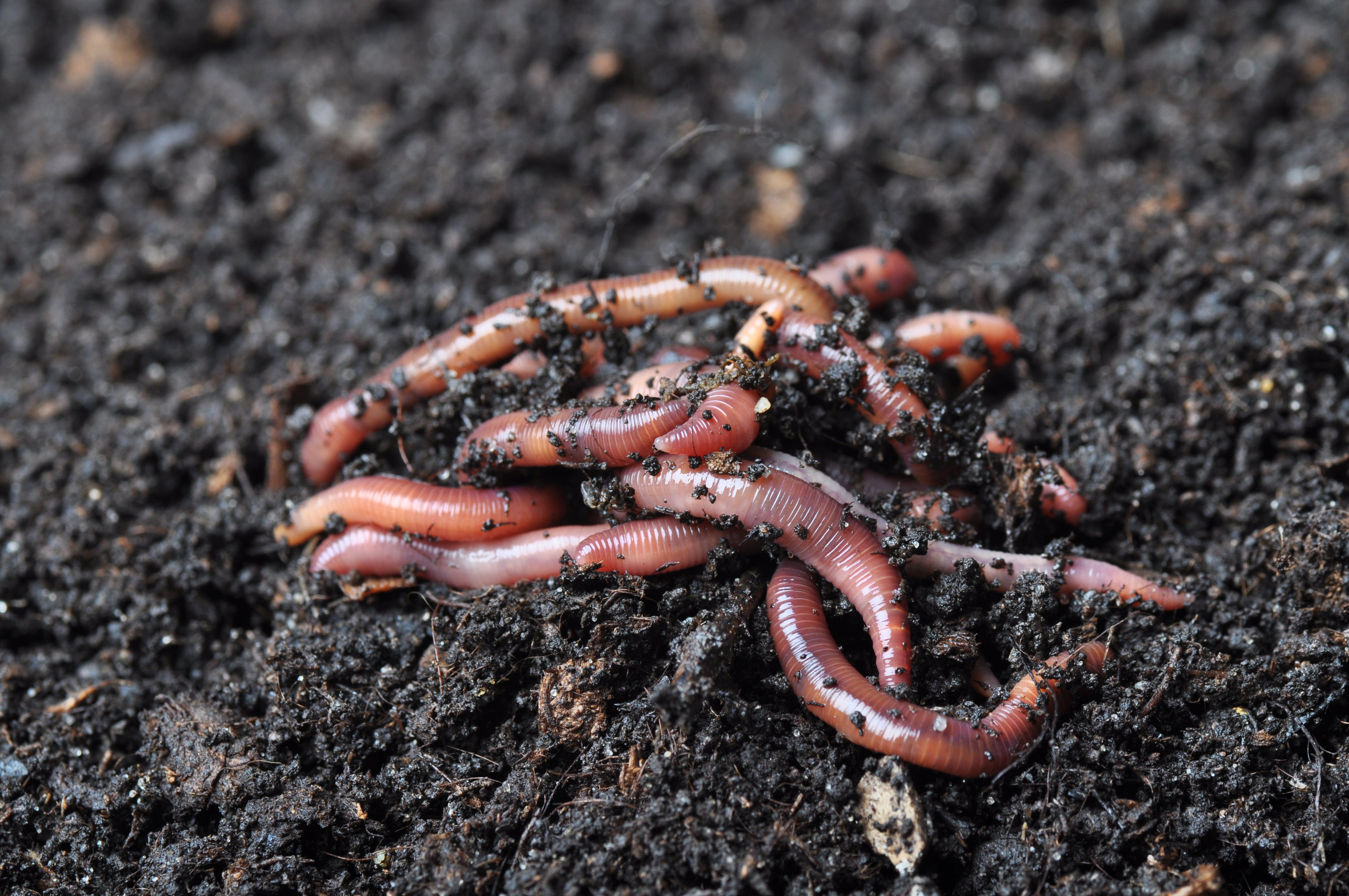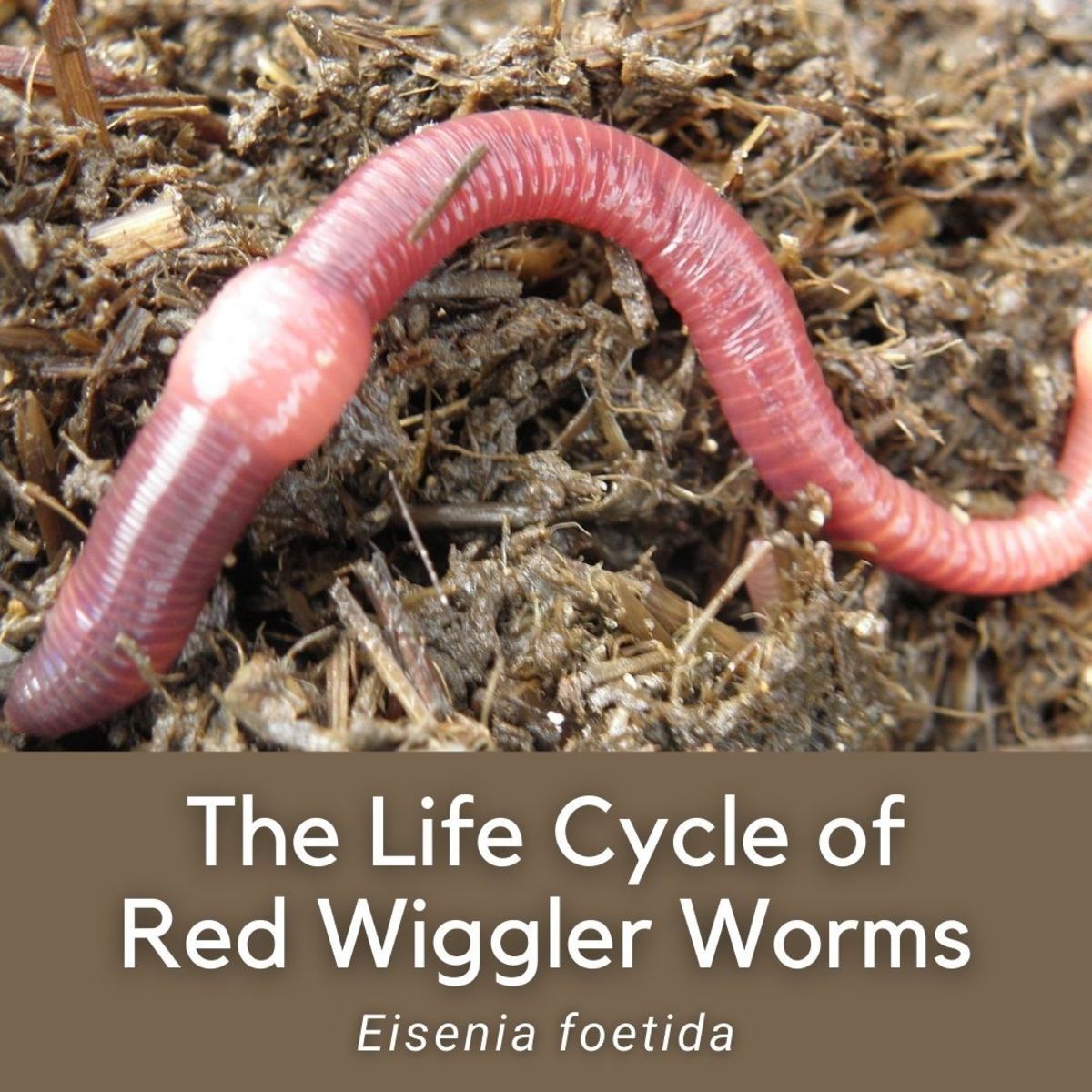Red Wiggler Worms - Important for Healthy And Balanced and Productive Gardens
Red Wiggler Worms - Important for Healthy And Balanced and Productive Gardens
Blog Article
Red Wiggler Worms Demystified: Opening the Tricks of Vermiculture for Greener Living and Nutrient-Rich Dirt
In the world of sustainable methods for enriching dirt quality and promoting eco-conscious living, red wiggler worms play a critical yet typically overlooked duty. These simple creatures have the amazing ability to transform organic waste right into nutrient-rich spreadings that work as a powerful natural fertilizer. By diving into the world of vermiculture, one can uncover a myriad of benefits that extend far past typical composting methods. Recognizing the complexities of looking after these worms, optimizing their environment, and using their spreadings can cause a greener way of living and healthier soil for plants to grow.
The Role of Red Wiggler Worms
Red Wiggler worms play a crucial duty in composting systems by successfully breaking down raw material into nutrient-rich castings. These ravenous eaters eat a selection of organic products, such as kitchen scraps, lawn waste, and paper items. As they feed, the worms' digestion procedures damage down the organic issue right into a penalty, dark, and nutrient-dense product called worm spreadings or vermicompost.
The castings produced by Red Wiggler worms are very advantageous for soil health and wellness and plant growth. They are abundant in vital nutrients like nitrogen, potassium, and phosphorus, which are vital for sustaining healthy and balanced plant development. Furthermore, worm spreadings contain advantageous microbes and enzymes that help boost soil structure, boost water retention, and improve nutrient uptake by plants.
Benefits of Vermicomposting

It improves dirt framework, improves dirt oygenation, and boosts soil moisture retention. Vermicompost likewise enhances the dirt with necessary nutrients like potassium, phosphorus, and nitrogen, advertising plant growth and total dirt fertility.
In addition, vermicomposting supports sustainable horticulture practices by supplying a chemical-free and all-natural option to synthetic plant foods. Red Wiggler Worms. This eco-friendly technique not only enhances the soil however likewise aids minimize dependence on dangerous chemicals, advertising a greener and much more lasting means of horticulture
Establishing Up a Worm Container
When establishing a worm bin for vermicomposting, correct setup is critical to make sure the success of the composting process. The very first step in establishing a worm container is selecting an ideal container. This can be a plastic container or wooden box that gives enough space for the worms to walk around and has proper drain holes to stop waterlogging. Next off, a bed linens product such as shredded paper, cardboard, or coconut coir should be contributed to the bin. This bedding provides a comfy environment for the worms and helps keep moisture degrees.
After including the bed linens, present the red wiggler worms to the bin. It is advised to begin with a little number of worms and slowly increase as they increase. The worms must after that be supplied with food scraps such as vegetables and fruit peels, coffee grounds, and eggshells. It is important to avoid adding meat, milk, oily, or salty foods to stop bring in parasites and developing unpleasant odors.
On a regular basis keep track of the dampness levels and temperature level in the worm bin to make certain optimal problems for the worms. With appropriate configuration and upkeep, the worm bin will effectively transform natural waste right into nutrient-rich garden compost for your plants and here are the findings yard.
Harvesting Worm Castings
To successfully gather nutrient-rich worm spreadings from your vermicomposting system, a systematic harvesting approach is vital. When it comes time to gather the worm castings, there are a few key actions to comply with to make certain an effective process. Stop adding fresh food scraps to one side of the worm container for a couple of weeks before harvesting. This urges the worms to migrate to the side with fresh bed linen and food, making it easier to scoop out the spreadings from the opposite.

Troubleshooting Common Issues
Identifying and attending to common challenges that might emerge during the vermicomposting process is crucial for preserving a healthy and efficient worm container. Including excess food scraps can lead to a build-up of dampness and level of acidity in the worm bin, potentially hurting the worms. One more problem is undesirable smells rising from the worm container.
Furthermore, if the worm populace is decreasing or the worms show up undesirable, maybe because of ecological stressors such as severe temperatures or pH degrees. Checking these factors and making necessary adjustments is important for the wellness of the worms. By fixing these typical concerns immediately, vermicomposters can guarantee a smooth and successful vermicomposting procedure while keeping a flourishing worm populace.

Verdict
In final thought, red wiggler worms play a critical role in vermiculture by breaking down organic issue into nutrient-rich soil. Establishing up a worm bin is crucial for successful vermiculture, and collecting worm castings offers valuable garden compost for gardening.
As they feed, the worms' gastrointestinal procedures damage down the organic issue right into a penalty, dark, and nutrient-dense product understood as worm castings or vermicompost.
The castings produced by Red Wiggler worms are extremely useful for dirt health and wellness why not check here and plant development. Adding excess food scraps can lead to an accumulation of dampness and acidity in the worm container, possibly harming the worms.Furthermore, if the worm population is declining or the worms show up undesirable, it can be due to ecological stress factors such as severe temperature levels or pH degrees. Setting up a worm container is crucial for successful vermiculture, and gathering worm castings provides important garden compost for horticulture.
Report this page